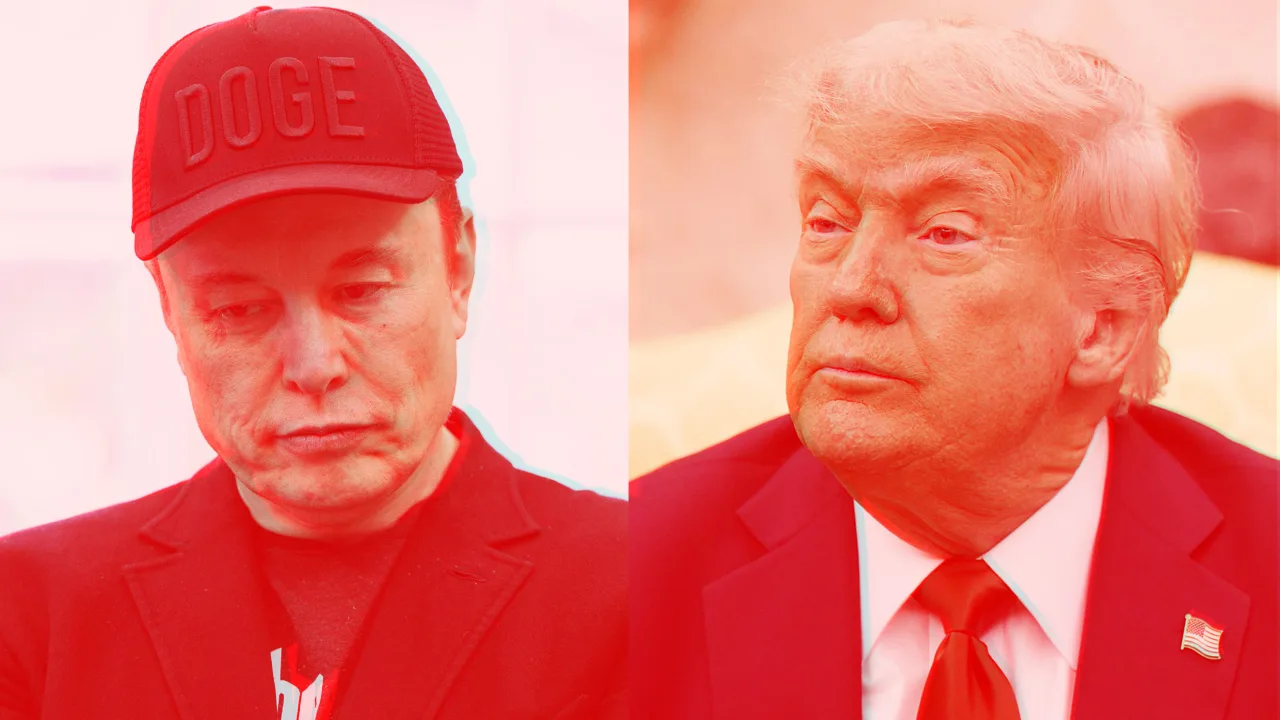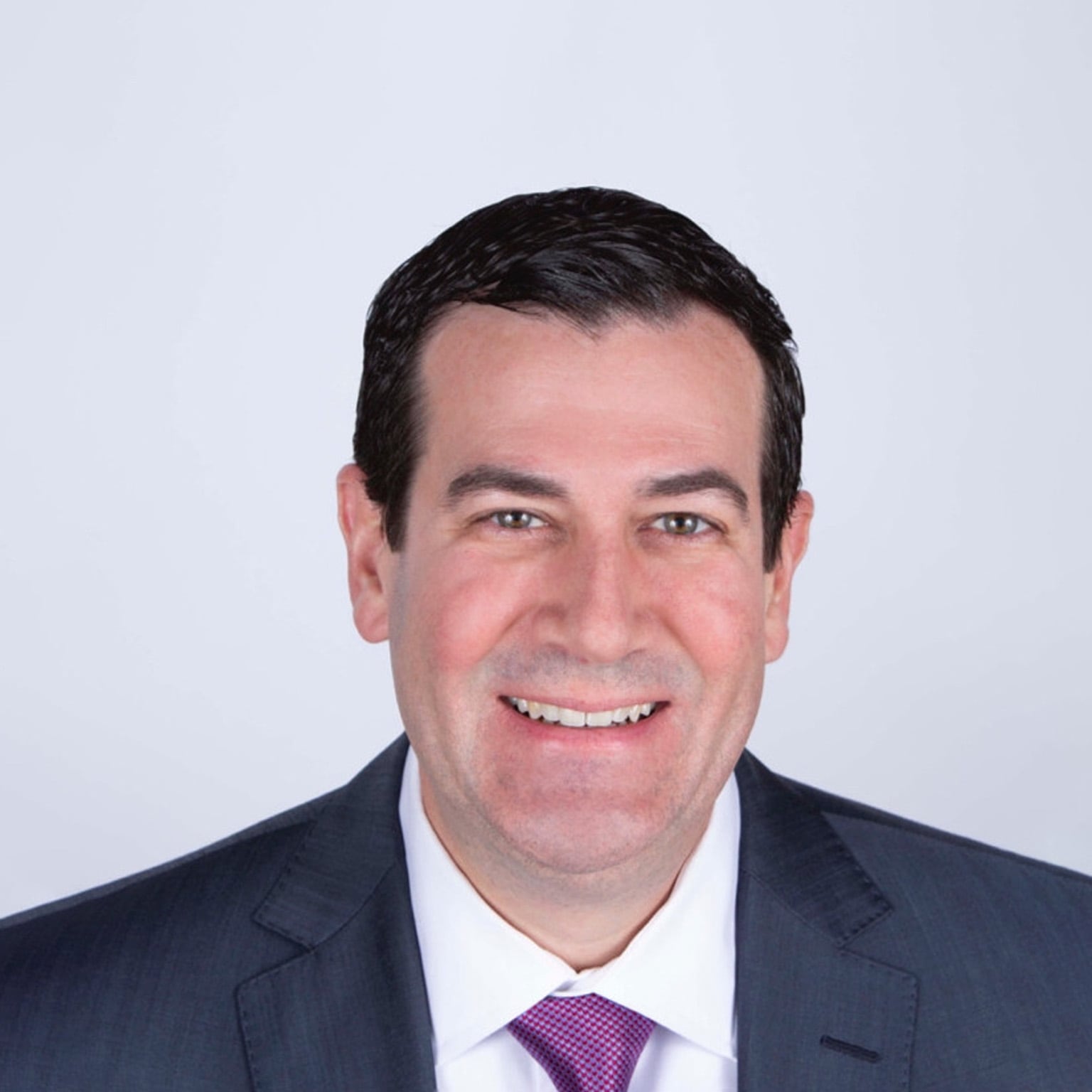TikTok bans the #SkinnyTok hashtag for unhealthy weight-loss content. Will it actually solve the problem?
TikTok, a platform where misinformation and dangerous rhetoric often spreads far and wide, has officially removed the #SkinnyTok hashtag from its search results. The hashtag had become a space for creators to promote restrictive eating and other forms of unhealthy weight-loss content. TikTok spokesperson Paolo Ganino told Politico that the move was part of a “regular review” of the platform’s risks, but it followed considerable pressure from the European Union. Fast Company has reached out to TikTok for comment and will update this post if we hear back. ‘Revolting and absolutely unacceptable’ In April, France’s minister for digital media, Clara Chappaz, requested that the nation’s media regulator, Arcom, look into the hashtag. The agency teamed up with the European Commission to review the “revolting and absolutely unacceptable” videos, as Chappaz described them. The European Commission has also been investigating TikTok’s “risk management of addictive design and harmful content” since February 2024. Users searching #SkinnyTok will now see a landing page that reads, “If you or someone you know has questions about body image, food, or exercise—it is important to know that help is out there and you are not alone. If you feel comfortable, you can confide in someone you trust or check out the resources below. Please remember to take care of yourselves and each other.” It also has a resources link with an explainer on eating disorders, steps to take if you or your friend needs support, and emergency information. TikTok’s community guidelines prohibit videos that promote eating disorders and dangerous weight loss behaviors, and selling or promoting products to lose weight. Last year, TikTok even banned Liv Schmidt, a popular user known for posting controversial eating habits, for violating community guidelines. However, she freely posted to her 670,000 followers until The Wall Street Journal sent questions to TikTok for a profile on Schmidt. She created a new account following her ban. Could other platforms see a #SkinnyTok spillover? Now, #SkinnyTok might be gone from TikTok’s search results, but who’s to say that users won’t migrate to another hashtag or platform to keep sharing these harmful videos? Despite the community guidelines, this content continued out in the open through a well-known hashtag. Before regulatory agencies stepped in, users who searched for #SkinnyTok would see a message from TikTok stating, “You are more than your weight,” accompanied by a resources button. But the harmful content followed right behind it, violating the rules and risking the health of the users who absorbed it. TikTok, owned by China-based ByteDance, has 1.58 billion monthly users, according to data from SproutSocial. Its largest audience is in the United States.

TikTok, a platform where misinformation and dangerous rhetoric often spreads far and wide, has officially removed the #SkinnyTok hashtag from its search results. The hashtag had become a space for creators to promote restrictive eating and other forms of unhealthy weight-loss content.
TikTok spokesperson Paolo Ganino told Politico that the move was part of a “regular review” of the platform’s risks, but it followed considerable pressure from the European Union.
Fast Company has reached out to TikTok for comment and will update this post if we hear back.
‘Revolting and absolutely unacceptable’
In April, France’s minister for digital media, Clara Chappaz, requested that the nation’s media regulator, Arcom, look into the hashtag. The agency teamed up with the European Commission to review the “revolting and absolutely unacceptable” videos, as Chappaz described them.
The European Commission has also been investigating TikTok’s “risk management of addictive design and harmful content” since February 2024.
Users searching #SkinnyTok will now see a landing page that reads, “If you or someone you know has questions about body image, food, or exercise—it is important to know that help is out there and you are not alone. If you feel comfortable, you can confide in someone you trust or check out the resources below. Please remember to take care of yourselves and each other.”
It also has a resources link with an explainer on eating disorders, steps to take if you or your friend needs support, and emergency information.
TikTok’s community guidelines prohibit videos that promote eating disorders and dangerous weight loss behaviors, and selling or promoting products to lose weight. Last year, TikTok even banned Liv Schmidt, a popular user known for posting controversial eating habits, for violating community guidelines.
However, she freely posted to her 670,000 followers until The Wall Street Journal sent questions to TikTok for a profile on Schmidt. She created a new account following her ban.
Could other platforms see a #SkinnyTok spillover?
Now, #SkinnyTok might be gone from TikTok’s search results, but who’s to say that users won’t migrate to another hashtag or platform to keep sharing these harmful videos?
Despite the community guidelines, this content continued out in the open through a well-known hashtag. Before regulatory agencies stepped in, users who searched for #SkinnyTok would see a message from TikTok stating, “You are more than your weight,” accompanied by a resources button.
But the harmful content followed right behind it, violating the rules and risking the health of the users who absorbed it.
TikTok, owned by China-based ByteDance, has 1.58 billion monthly users, according to data from SproutSocial. Its largest audience is in the United States.























































































































































